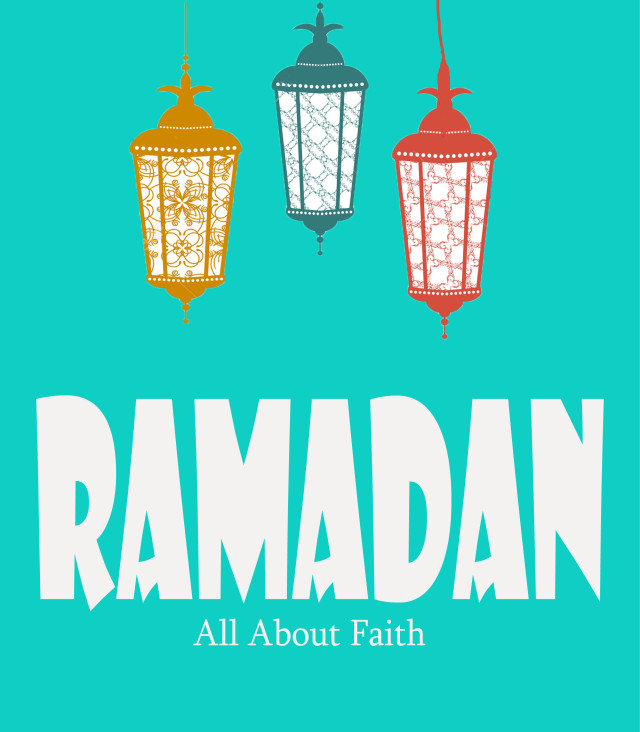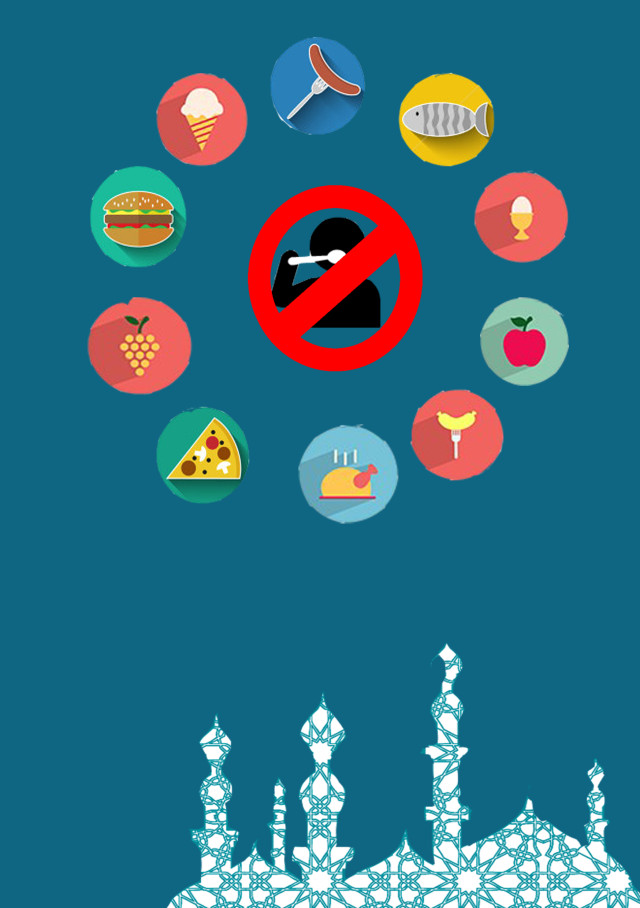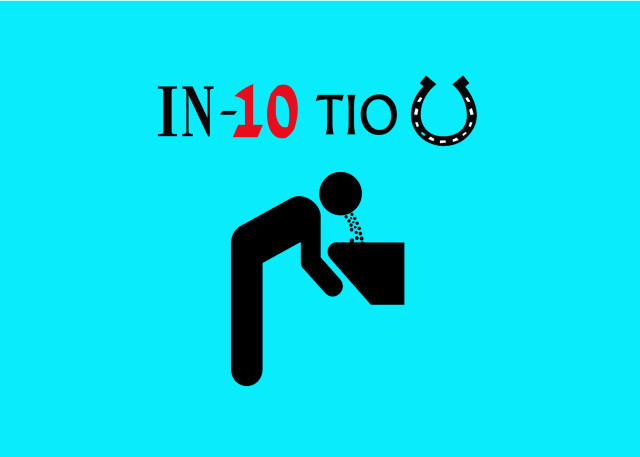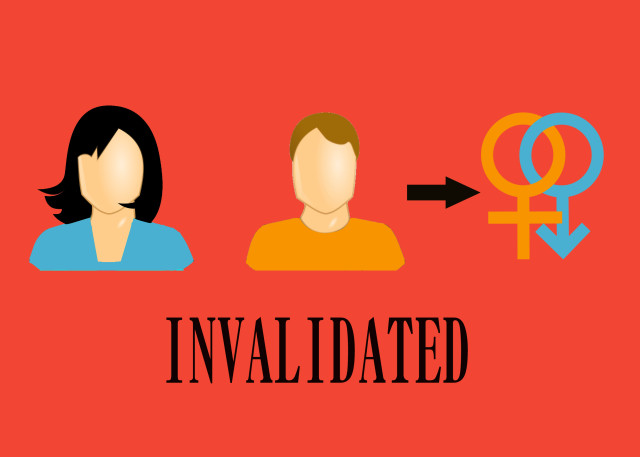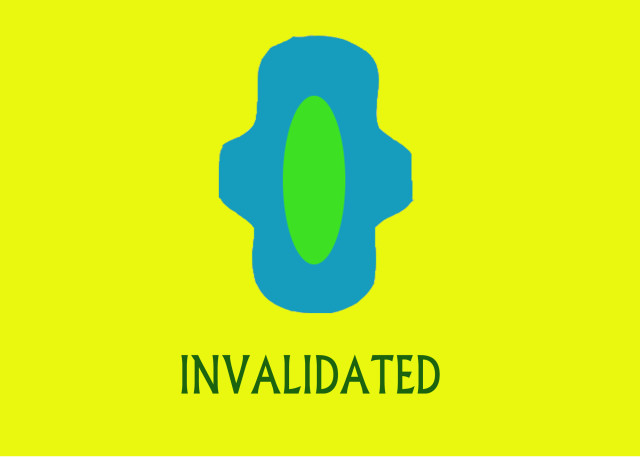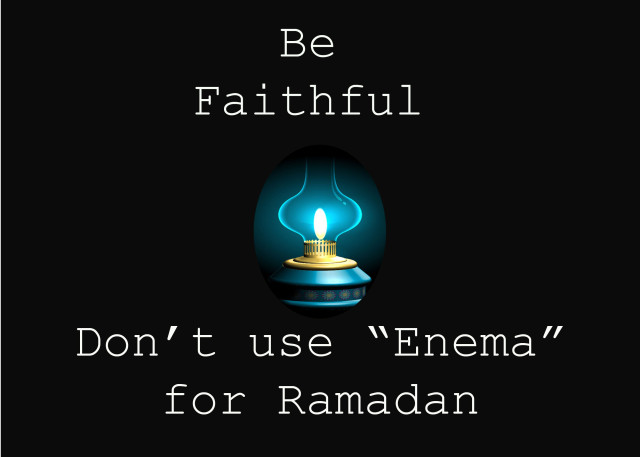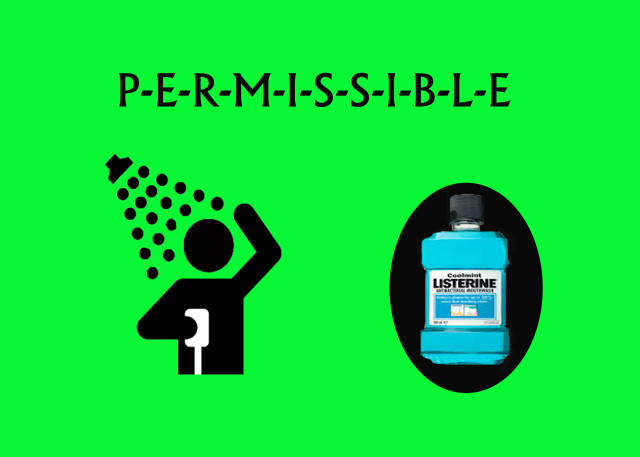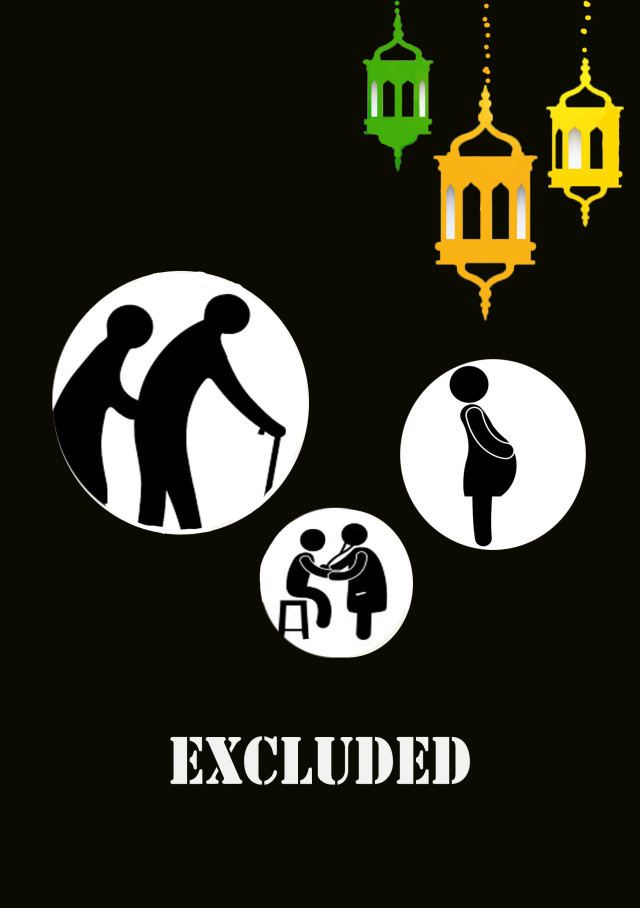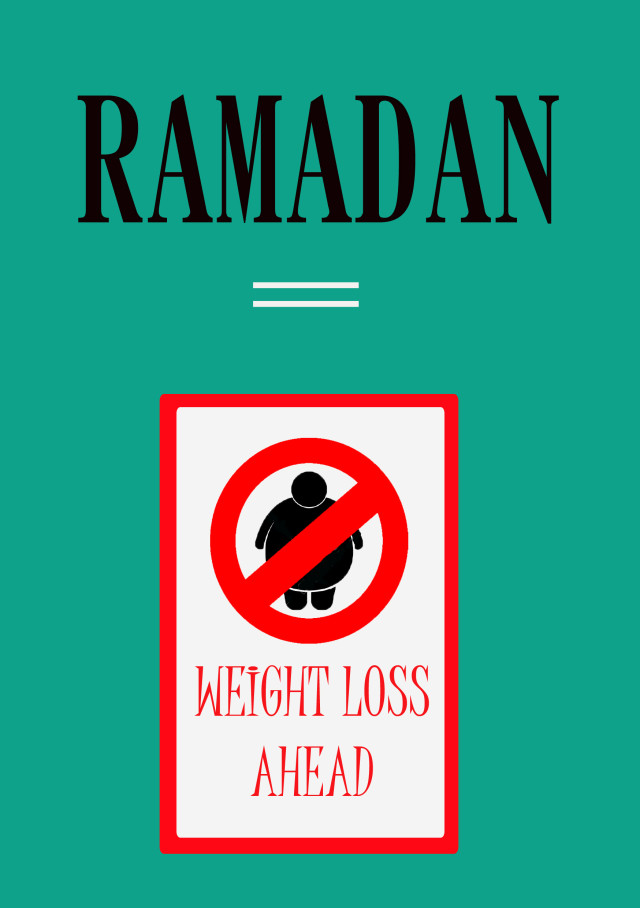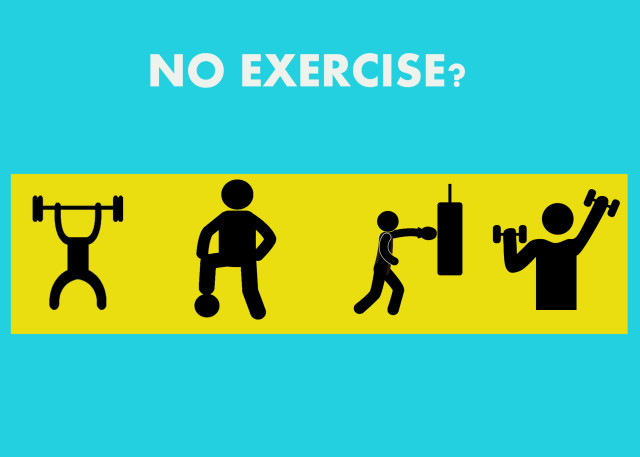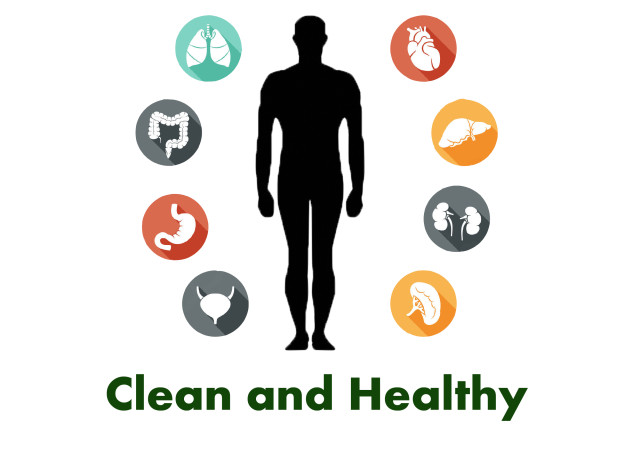The month of Ramadan has started and Eid is not far behind. But do you really know what Ramadan is! I guess not. So here’s a “Guide to Ramadan” for all of you.
What is Ramadan?
Ramadan is the ninth month of the Muslim year, during which strict fasting is observed from dawn to sunset.
It is a month when Holy Quran was first sent down to Prophet Mohammed.
The philosophy of fasting calls upon us to know ourselves, to master ourselves and to discipline ourselves. To fast is to find our dependencies and free ourselves from them.
The Essential Elements of the Fast
There are two essential elements of a fast. They are:
Intention
You must have the intention to fast before Fajr (dawn) every night during the month of Ramadan. The intention does not need to be spoken because, in reality, it is an act of the heart, which does not involve the tongue. It will be fulfilled by one’s intention of the heart, to fast out of obedience to God seeking His pleasure.
Abstaining from acts that nullify the Fast
The second essential element for your fast to be accepted is that you abstain from the acts that nullify the fast from dawn to sunset.
Actions That Invalidate or Nullify the Fast
All scholars have agreed that the following acts will invalidate the fast. They are:
Intentional Eating or Drinking
If you choose to eat or drink, for any reason, then your fast will become invalid.
Intentional Vomiting
If one has overcome the urge to vomit and vomits unintentionally, then he should continue to fast. If someone chooses to vomit, for any reason, then his fast will become invalid.
Intentional Sexual Intercourse
If one has sexual intercourse while fasting, then he must perform kaffaarah i.e. expiation of the sin. (Fasting continuously for sixty days or if unable then one should feed sixty poor people).
Menstrual Bleeding
The fast becomes invalid during menstrual or post-childbirth bleeding. Even if such bleeding has begun just before sunset, the fast of that day is invalid and the day must be made up at a later time.
Enema with fluids
The purging enema with fluids renders the fast invalid, although for the treatment of a sick person or being helpless. However, using the solid enema for treatment has no objection. The obligatory precaution is to avoid the solid enema used as a food.
Actions That Are Permissible During Fasting
There are some actions that are permitted to do while fasting, which will not nullify the fast. For example:
Taking a shower
It is permissible to shower, for any reason, even if you are showering due to thirst or being overheated.
Rinsing the mouth and nose
It is permissible to rinse the mouth and nose without exaggeration; using too much water may cause you to swallow water, which may invalidate your fast.
Being in a state of janaabah
Your fast will still be valid even if you find yourself in a state of janaabah (a major ritual impurity) after fajr (dawn) has arrived. Ghusl (a full bath) can still be performed once the time of dawn has begun.
Who May Be Excluded From Fasting?
There are certain situations when it is optional to fast during the month of Ramadan, however, the fast must be made up at a later date. This is the rule for the sick or for the one who is travelling.
However, women who are experiencing post-childbirth bleeding or are in their menses are not allowed to fast until their bleeding ends. They must make up the days they missed fasting at a later date.
For those who cannot fast due to a permanent illness or old age, they have to pay fidiya (feeding one poor person) for each day that they have missed.
Pregnant and nursing women, who are afraid that fasting may weaken them or the child, have the option of fasting or not. After Ramadan ends, they have the choice of fasting or paying for feeding one poor person for each day that they had missed during Ramadan.
Myths about Ramadan
Here are a few myths about Ramadan, which need to be contradicted:
Ramadan is the best time to lose weight.
Truth: Ramadan is the best time to focus on your spirituality, not focusing on losing weight. You have 11 months to lose weight. If you lose weight because you notice you’re eating healthier than that’s a side effect. In reality, even if you eat healthy you will stay around the same weight or gain a few pounds. Why?
Fasting 15 hours a day, the average body goes into starvation mode and stores fat. Common side effects are water retention, bloating, and constipation for AT LEAST the first 3-5 days (ladies note this happens again when you break your fast and begin again).
Read More: The Agony Of Fasting For A Day And What Enlightenment It Brought Me
You don’t have to exercise during Ramadan.
Truth: Exercising eases the “common side effects” of water retention, bloating, and constipation that is usually associated with the beginnings of fasting. Even taking a 30-minute walk BEFORE you break your fast or AFTER Fajr is beneficial.
Yoga is another great way exercise (yes, brothers, yoga). What you don’t want to do is an intensive class in the middle of the day. Anything that is cardio or weight training midday when you are nowhere near breaking your fast is a terrible idea.
Also, note that “use it or lose it” applies to physical fitness too. If you want to keep your strength, then you will still need to lift weights. If you want to keep your running time, then you will need to keep running.
No one wants to leave Ramadan physically emaciated when the month is done, knowing that they have to take the next month or two to slowly build to the level where they were.
You can’t eat whatever you want because you don’t eat during the day.
LIE! Did you ever have a bad day (ladies?) and stuff yourself full of pizza, chocolate, ice cream, and fatty foods? What was the next day like? Did you ever drink multiple cups of coffee and energy shots to keep yourself awake? How’d you feel the next day?
Our body is not meant to live off of caffeine and sugar. Similarly, during Ramadan, you can’t have three square meals of Grandma’s baklava. You need to condition yourself to eating multiple small meals throughout the night and in the morning.
This does not mean staying up all night and sleeping during the day (not unless you want to of course).
All you need to sustain is a protein shake and cereal.
There are two problems with this common food choice. The first is that we think protein shakes are meal replacements and the second is that we think cereal is a sufficient meal to keep us full. The purpose of protein shakes is to replenish oneself
The purpose of protein shakes is to replenish oneself post workout. Conducting fast is not post workout. Therefore, instead of nurturing tears and rebuilding muscles, your protein shake puts a bunch of chemicals and vitamins in your body that ultimately just sit there.
If you want a Protein shake, eat raw fruit and raw vegetables and raw nuts in addition to give your body better nutrition. Cereal is absolutely crap as a stand-alone meal. There is very little nutritional value in 99.9% of cereal (and granola!) besides dietary fiber.
Cereals and Granola that do boast protein, the amount is so minuscule that it hardly does anything. Again, if you insist on eating cereal make sure to pair it with something. Often we (including me) eat cereal because we are too lazy to make something else.
Fasting during Ramadan rests the organs and cleanses the body.
I don’t mean to be disrespectful towards those who say this because they usually come from a good place by trying to motivate people to fast. But in all reality, this is just simply inaccurate.
Again, fasting for 15 hour days causes your body to go into a period of shock. It takes the average person 3-5 days to adjust physically to the change of eating and drinking patterns.
When I say average, I mean someone who typically does not fast. Obviously, if you fast once a week, your body will be a lot stronger than someone who only fasts during Ramadan.
Finally, after a hard month of work, worship, and strictly following the Islamic guidelines, we await the day of celebration. It is not a holiday, but a day we celebrate at the end of the month, which is called Eid-Ul-Fitr.
Graphic credits: Nishita Karun
Other Recommendations:
http://edtimes.in/2016/07/watch-how-this-guy-wrote-an-awesome-eulogy-for-his-goat-on-ramadan/


























